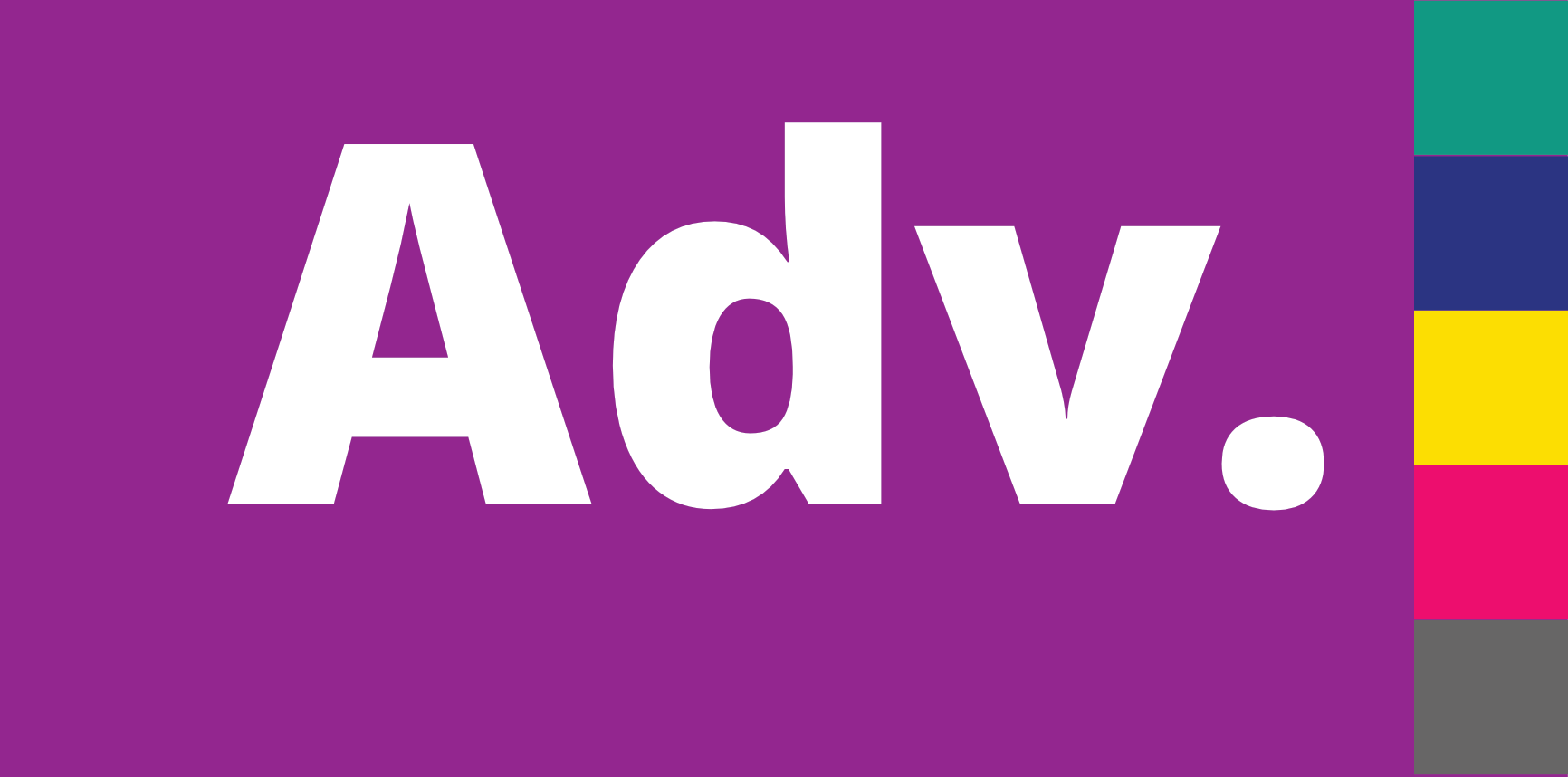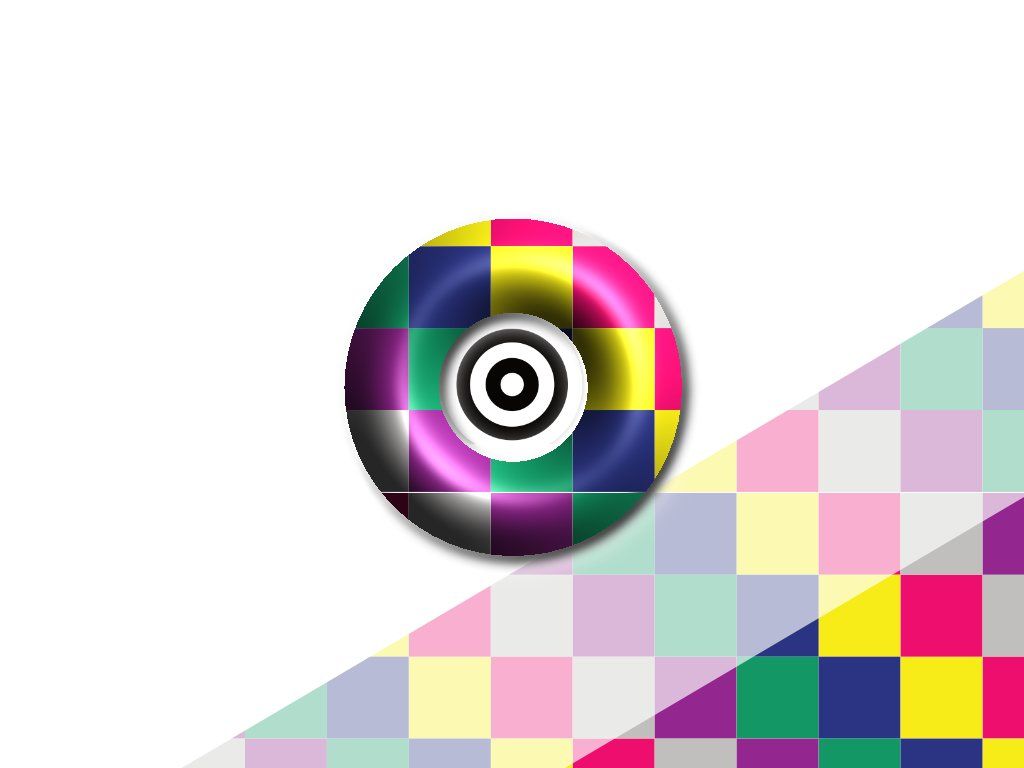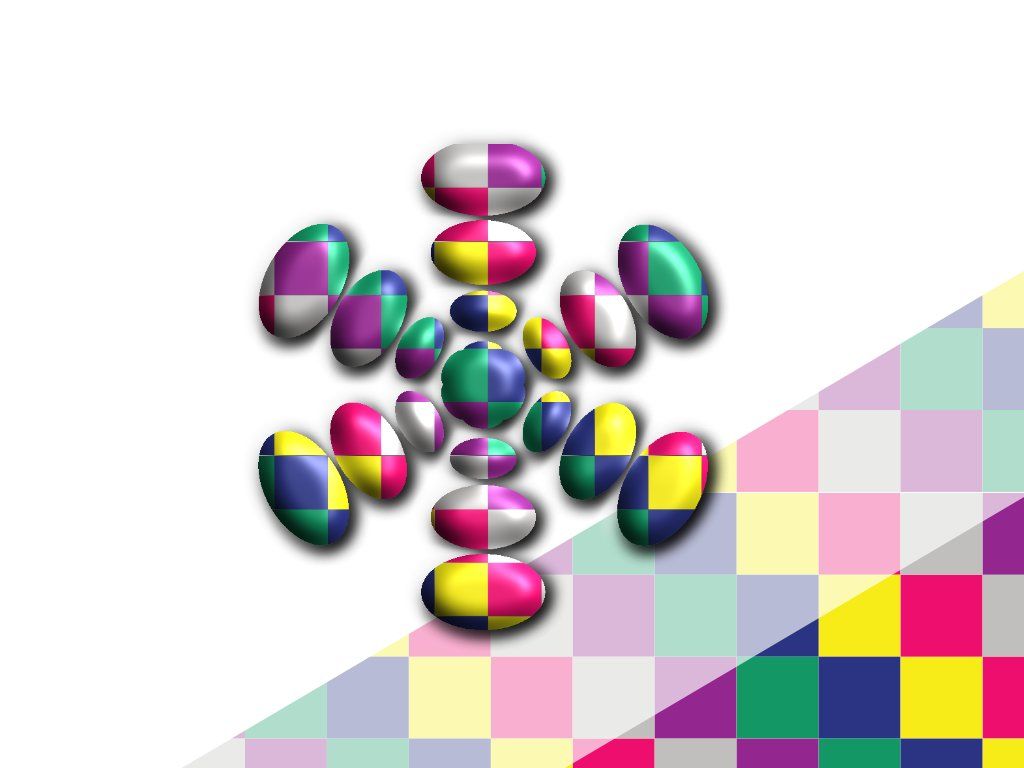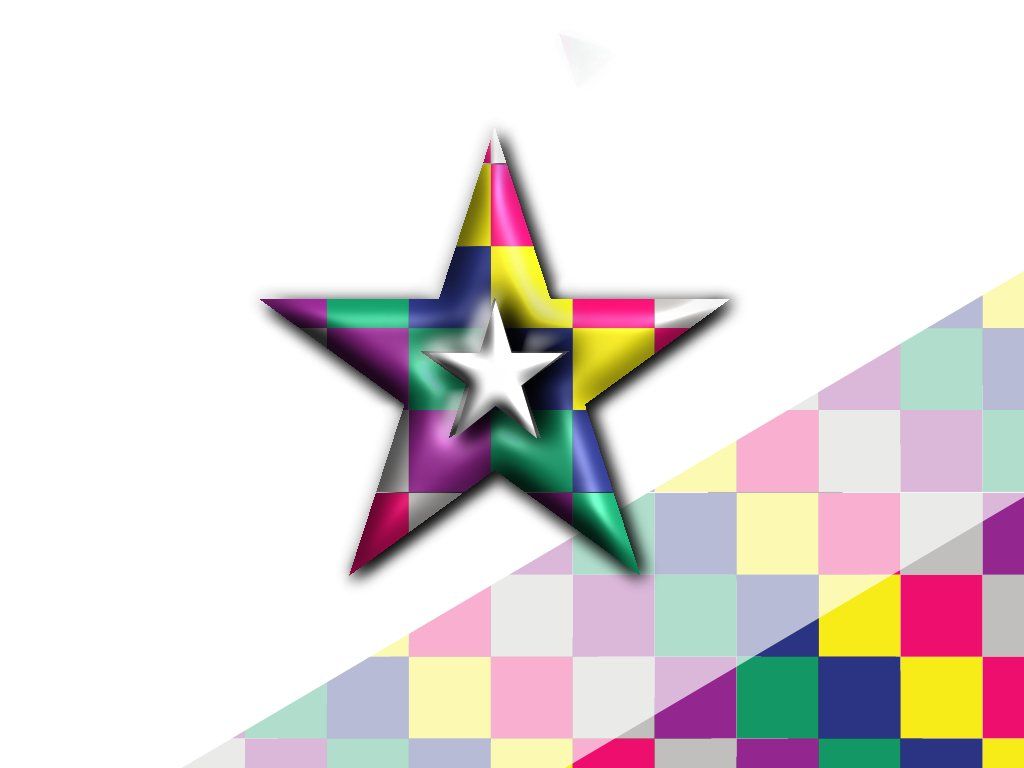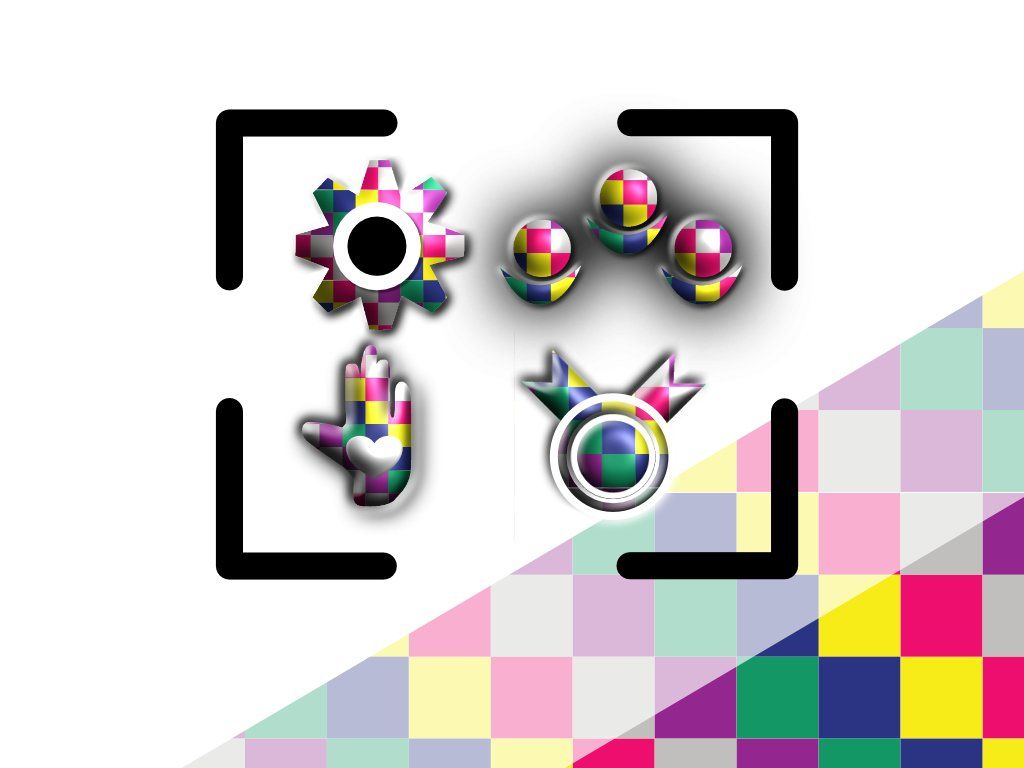It is important for people with hidden differences to be well represented in society as people and not the medical aspects.
To enable a person with differences to be a positive contribution to society, we must combat misrepresentation. This means not making ignorance, stripes and inaccurate perceptions get in the way to represent hidden differences positively
Good intentions
Many people with differences have many good intentions to not only be a great person but to have a sense of purpose. However, this can be ignored through perceptions, negative stereotypes and presumptions.
To be well represented a person with differences must not be defined by the difficulties they live with. This means the perceptive needs to change their attitudes and not to associate their difficulties as limitations through what they can't do or to categorise on their level of intelligence.
Changing attitudes
One of the major important areas to maintain representation is to intervene and content any attitudes which affect their presence. This includes out to top to the vanity and any prejudiced and negative attitudes.
Seeing beyond
It is important to go beyond perceptions of the difficulties a person lives. Instead see the with the intention including participant, contributor and part of the team or community.
Main points
Regardless you anyone's opinion, people with hidden differences are members of society and should not be made to feel they are different or an outsider from the rest of society
Move away from the perceptions or what you may or heard about them or the stereotypes, just like the rest of society a person with hidden differences is invisible and cannot simply make a broad brush
The more you draw attention to how different they are, then the more likely you are cause harm their place in society
Tips
Move away from how different a person with invisible difficulties are and consider more of their experiences on how they are living including their:
Passions
Tastes
Dislikes
In addition consider the experiences, viewpoints and insights of a person with invisible difficulties as one of the following:
* Consumers
* Customers
* Voters in elections & referendum
* Citizens
* Students
* Employee
* Public transport passengers or customers
Show interest in how their difficulties affect them including the obstacles against where they wanted to be in life.
Move away from short-sighted assumptions about how you may think they live their lives, based on their circumstances.
Their experiences and insights may be different from the others but you might be surprised that their insights & perspectives can be helpful and beneficial to everyone. So refrain from broad-brush assumptions.
Discover the other Advantage elements
This project shows is part of Plus Value Awareness commitment in supporting the annual awareness events throughout the year including: Neurodiversity Celebration Week, World Autism Acceptance Week, World Autism Awareness Week, ADHD Awareness Month, Dyslexia Week, Dyspraxia Week and International Day of Disabilities.

Explore more
Visit the Diverse Advantage page for a bitesized version of the project
via the Diverse Differences feature
The description “Hidden Differences” are used for this initiative which covers independent, intelligent and articulate adults and young people who live with specific difficulties which as hidden and would not be visually obviously at first impression. The examples including memory, on the spot thinking ability, communication, reading, writing & calculation. These example above mainly relates certain people with Autism (at moderate and high-functioning level), ADHD, Social Anxiety, Dyspraxia and Dyslexia. Click here for more details .

